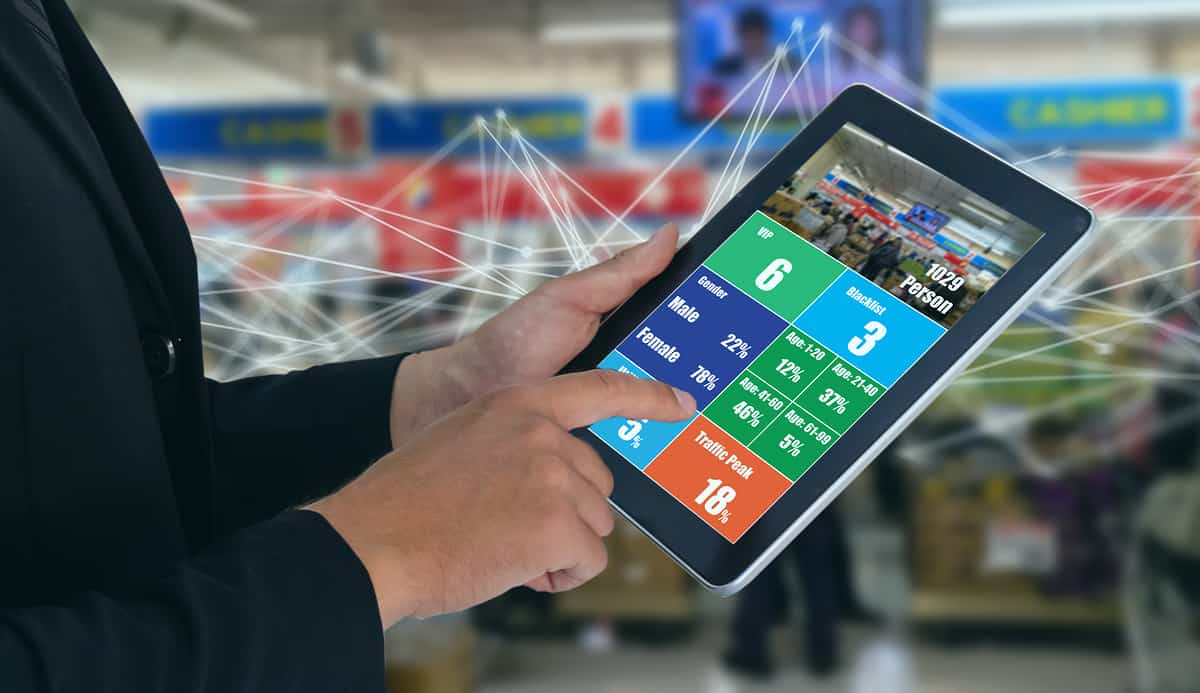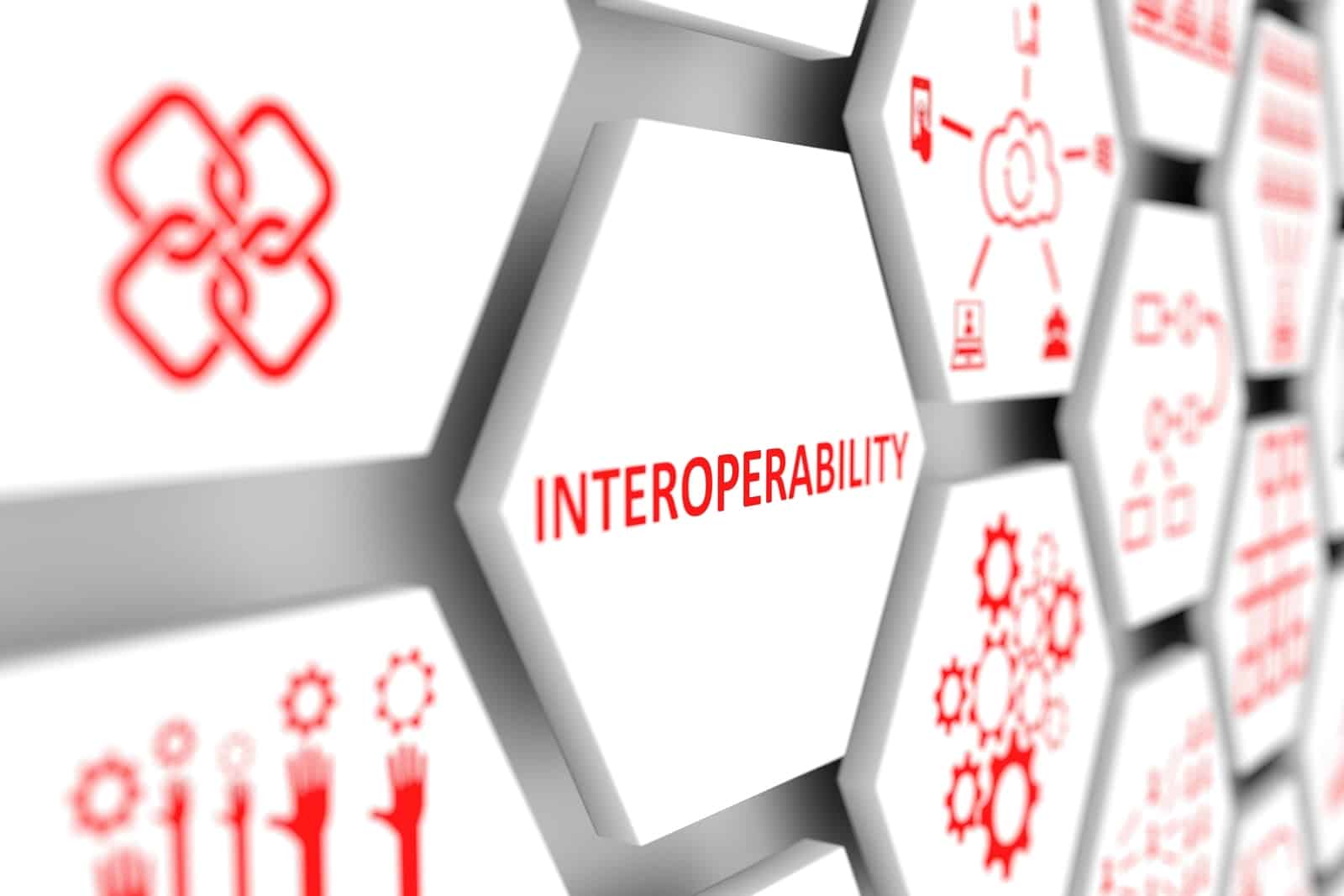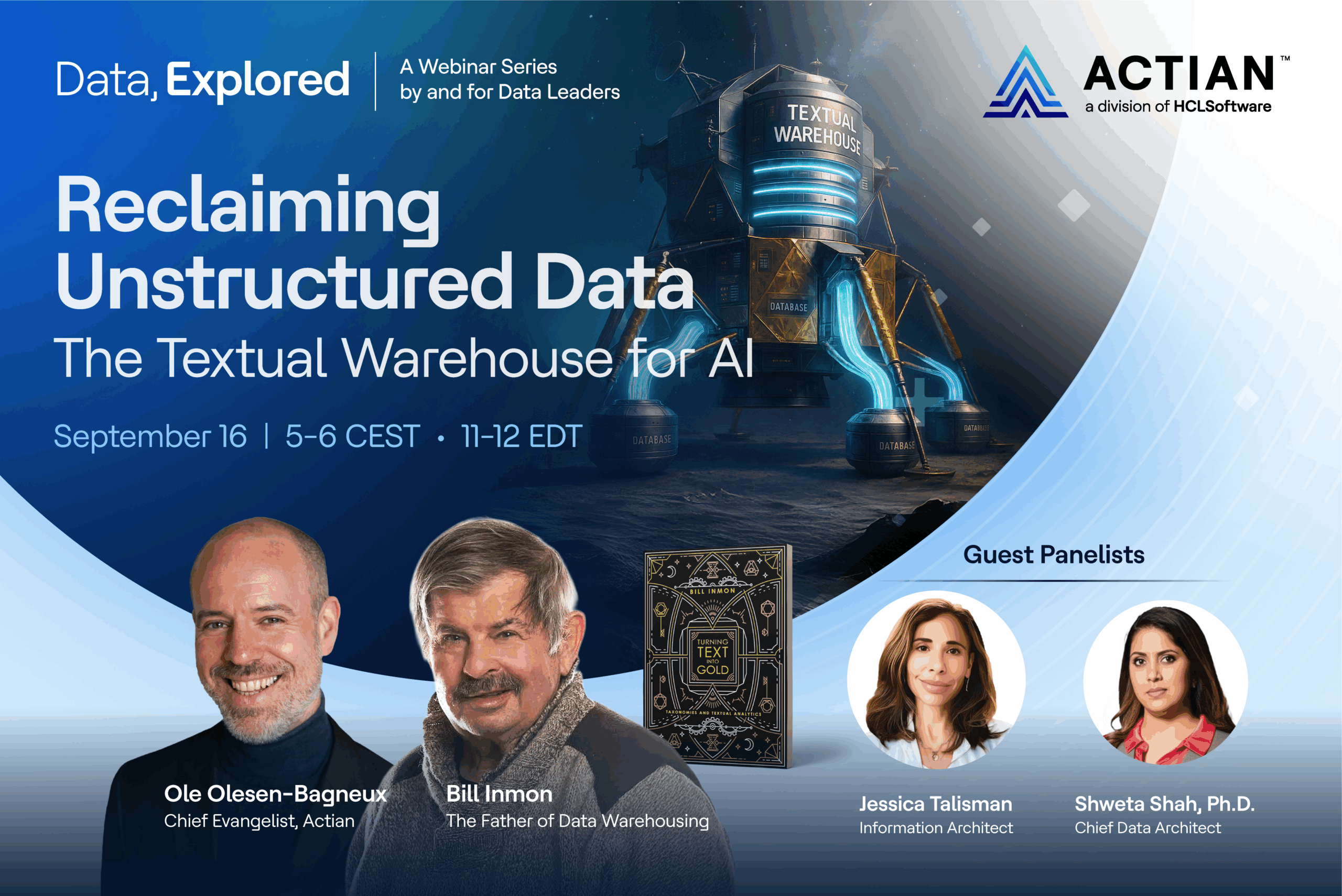Real-Time Decision-Making (RTDM) Use Cases in the Retail Industry
Actian Corporation
May 14, 2020

In the last blog on Real-Time Decision-Making (RTDM), we discussed exactly what it is and why it matters. Before proceeding with more theoretical discussions, though, it’s probably worthwhile to give you some practical examples of RTDM and how data management, integration, and analytics support, build RTDM strategic capabilities that significantly impact business operations.
Retail: Ground Zero for COVID-19 Business Disruption
Regardless of your role or the industry you work in, we all have at least a rudimentary understanding of the retail industry and are painfully aware of the business disruptions it has been subjected to over the recent months and the market uncertainties it faces in the upcoming years.
While the sub-verticals of this industry may be seeing vastly different impacts, particularly if you’re designated as essential services as are supermarkets or if you’re a major department store chain, typically anchoring a shopping mall. Further differences in fortune are a function of how much your business is online versus brick-and-mortar.
We’ve all seen the rapid change in fortunes for retail: a shift to online, store closures, and social distancing within, and curbside pick-up outside of those allowed to remain open. Online or offline, we’ve all been subjected to acute shortages due to hoarding (Hey Charmin is back at Costco if you get there Friday mornings at 9 AM), and sadly, price gouging and fake merchandise – particularly for PPE.
Customers are Greek Gods
I had the good fortune of spending four years in the mid-90s working in Japan, and the Japanese had a saying: “Kokyaku-sama wa kami desu,” which translates to the Customer is God. Well, in times like these, customers are Greek Gods. You know, the gods that are inscrutable and fickle. Yet, understanding their behavior is critical to know what to sell them, where, and how. Further, things keep rapidly changing. Two months ago, it was which stores to close or which products to ship where. Now, it’s projecting which stores to open and which products to sell over the next quarter. The point is you will need to collect customer behavioral data and reassess your responses continually.
The common thread across all retail sub-verticals is the need to sharpen customer focus, with the key driver being RTDM capabilities. The three key questions retailers must ask themselves in their quest to sharpen customer focus:
- Which data do I need to generate the right recommendations to support RTDM?
- Who needs to leverage RTDM, is it actionable within my existing business process?
- Does RTDM help to make my business more agile such that it reduces cost, mitigates risk, or delivers guidance on customer behaviors that positively impact sales and service?
Making Customer Loyalty Programs a RTDM Strategic Capability
Kiabi, a global retailer with 500 physical outlets in more than 15 countries as well as an online store, needed RTDM capabilities into its customer loyalty program. The data for this program resided in an aging legacy data warehouse that was slow, inflexible, and expensive to scale. They required real-time performance on an inexpensive, scalable platform that would provide them with current and accurate data with which they could agilely adjust their marketing programs, leveraging historical and new data to price and promote what’s in fashion dynamically. They chose Actian to build out their new cloud data warehouse as an offload and bypass from their day-to-day operational applications and enterprise data warehouse. Actian was able to offer them a 200X increase in performance that met the real-time requirements of their business, and integration with both existing and new data sources.
Once a capability like Kiabi’s is built, it can be leveraged to react to circumstances like COVID-19. The only difference here is what additional datasets are needed to adjust supply, price, and promotion during periods of business disruption or market uncertainties.
Let’s say for the sake of argument that instead of Kiabi, we’re talking about a retail clothing chain in the US, and they have 500 stores nationally as well as an online store. Their stores in malls will remain closed for some time in some states, opened in others. They may have stores that are in densely populated urban areas, some in suburbia, and perhaps a couple in more rural areas. For business-as-usual, their customer loyalty program would have transactional customer data through which they can most likely infer gender, age, and other demographic traits. Further, if they leverage clickstream data combined with the customer loyalty program, they should be able to determine a customer’s favorite store if there’s more than one in their area, and information on where they live from online transactions and shipping to their address.
All of these data points are necessary but insufficient to make quick and accurate decisions on which stores to open and what to expect if you do. What you also need is additional external data. For example, if you could get anonymized cell phone data from carriers, you could determine how far people are willing to travel and overlay this against your customer’s residential address and distances to your stores. This would tell you when travel range is returning to a point where you get a threshold of foot traffic from likely buyers. To further the accuracy of this, you could also look at 3rd party data on the use of public transportation versus private cars (or perhaps which stores have larger parking lots). In suburban areas, shoppers with private transport will be able to maintain social distancing easier than in urban areas with public transit. This will generate more foot traffic and make curbside pick-up an easier option without relying on your customers to socially distance. I could go on adding additional data sources that tell you additional factors that make your decision more accurate, but hopefully, this has gotten the point across.
If you recall the caveats to the RTDM definition I gave in the last blog, what we’re really talking about here is adding the missing puzzle pieces – or data – necessary to build out a better common operational picture. The additional data would be used very differently by HQ versus each individual store manager in how they make their decisions. But, in both cases, decisions would collapse from weeks to days and days to hours as the situation on the ground changes.
Obviously, Retail isn’t the only industry that’s customer-facing and having to change how they amplify their customer focus or accelerate responses to customer behavior. For more on RTDM or how a Real-Time Connected Data Warehouse can provide you with enhanced dynamic pricing, market basket analysis for best offer promotions, or supply chain management, stay tuned.
Subscribe to the Actian Blog
Subscribe to Actian’s blog to get data insights delivered right to you.
- Stay in the know – Get the latest in data analytics pushed directly to your inbox.
- Never miss a post – You’ll receive automatic email updates to let you know when new posts are live.
- It’s all up to you – Change your delivery preferences to suit your needs.
Subscribe
(i.e. sales@..., support@...)





